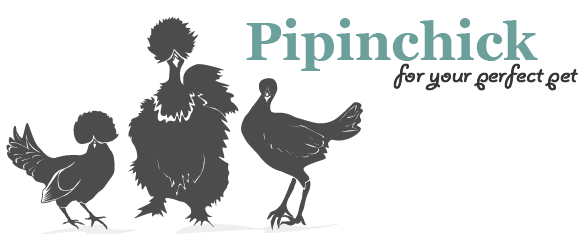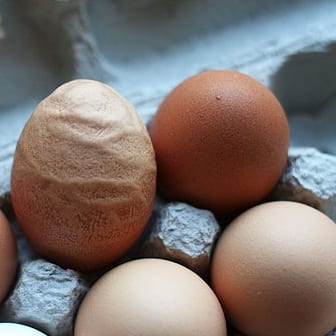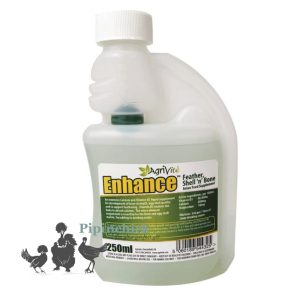What Is Calcium or Vitamin D Deficiency in Chickens?
Calcium and Vitamin D are very important for laying chickens, once a hen gets to laying age they will most likely need a calcium boost from time to time in her diet. Vitamin D works in unison with calcium as without enough Vitamin D your hen cannot absorb enough calcium. Calcium is used by the hen to produce the shell for her eggs. If she does not have enough Calcium in her diet she can begin laying mal-formed eggs, soft eggs, and her eggs can even get stuck causing her to become ‘egg bound’. If a hen does not have enough calcium she will draw on her internal resources and this can cause her to have weak and brittle bones which can ultimately cause death.
What are the main symptoms of a Vitamin D and Calcium Deficiency in Chickens?
- Broken eggs, your hen may result to breaking her own eggs to eat the shell to provide her with additional calcium. If she is breaking her eggs but leaving the shell and eating the inside this can mean she also has a protein deficiency, it can also mean she is just bored or anxious.
- Swollen or enflamed joints, stiffness or problems walking. Serious cases may present these symptoms as the hen is drawing calcium from her own bones to create the egg shells.
- Soft or thin shelled eggs or eggs that are not formed correctly with wavy lines, odd shapes and unusual shell textures.
- Severe feather plucking, sometimes your hen may pluck hers or her flock mate’s feathers in search of a calcium source.
How to treat for a Calcium and Vitamin D3 Deficiency?
The best way to treat your hen for a Vit D3 and Calcium deficiency is to firstly up her Vitamin D3 intake we recommend giving Zolcal-D which is a liquid calcium and vitamin D3 veterinary support, this will give an instant boost.
You should also ensure going forward there are calcium sources available alongside her normal pellet feed. You can do this by giving one of our Forager Layer’s Aid treat mixes. These have been created with added Vit D and Calcium to give your hens a good boost from time to time.
If you hen has become egg bound then you will need to seek veterinary support.
If you think your hen is egg bound check for the below symptoms:
- Messy back-end, she will have a mucky bottom, with perhaps discharge and runny poo.
- Solid mass around her undercarriage, you should be able to feel a stuck egg as a solid lump at her undercarriage area.
- Smelly, sometimes if the stuck egg can cause and internal infection you might be notice a rotten and acrid smell form her back end.
In severe cases you may need antibiotics and even surgery to remove the stuck egg. You can try natural remedies with anti-inflammatories and Epsom salt baths but it is advisable to seek veterinary help if she has become egg bound.
Prevention and spotting early signs of a Calcium/Vit D3 deficiency should stop this from happening, however, sometimes eggs can also become stuck due to a mal-functioning reproductive system.










